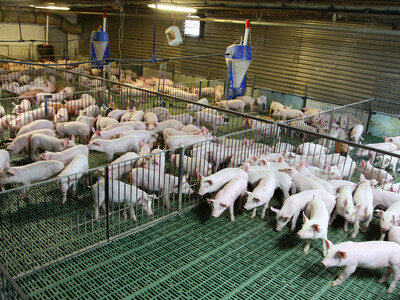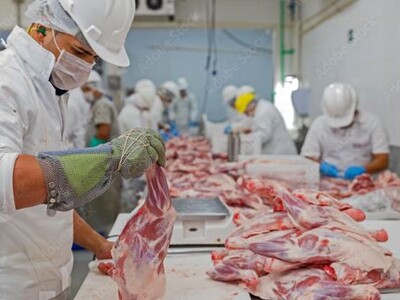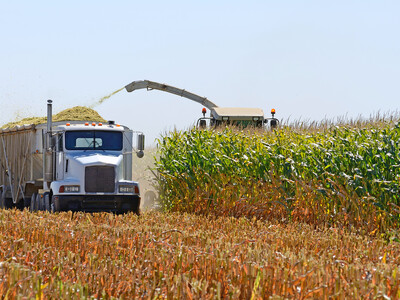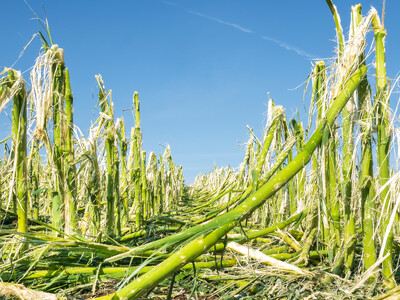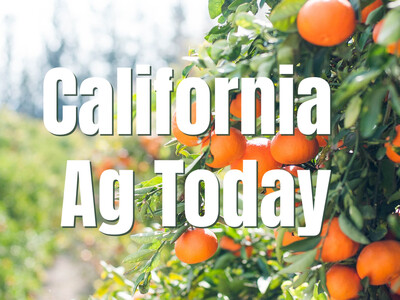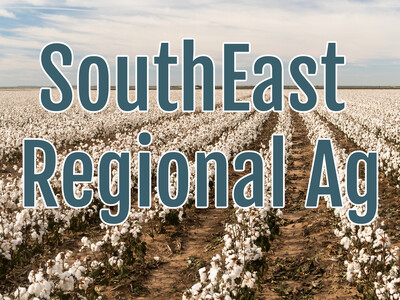CAFO Rule Pulled
CAFO Rule Pulled. I’m Greg Martin with today’s Line On Agriculture.
Livestock groups breathed a big sigh of relief after the EPA Friday announced it’s pulling its proposed rule for Concentrated Animal Feeding Operations - or CAFOs. The National Cattlemen's Beef Association and National Pork Producers Council say their producers will escape major new reporting requirements - possibly huge fines - and - according to NCBA Deputy Environmental Counsel Ashley McDonald - the threat of agro-terrorism.
McDONALD: When you collect all this information, which this was specific to the latitude and longitude or street address of every CAFO and they were going to put this in a database that anybody that is against modern livestock production could have searched for through a county or a state and targeted these operations.
With harassment or actual terrorism - so NCBA told EPA it could get the information from different public sources without posting it on its own website. McDonald says the agency relented.
McDONALD: I think they received a lot of comments about the deep concern that the agriculture community felt about their safety and the safety of our food system and then they also received a lot of feedback from other agencies in the federal government that also were concerned. I know Homeland Security specifically reached out to EPA with some strong concerns.
Not to mention industry concerns about disclosure of commercial information - number and type of head, acres for manure application and owner contact information. Plus - McDonald says - a stiff fine for non-compliance with reporting under the Clean Water Act.
McDONALD: It was going to be promulgated under the Clean Water Act and any violation of the Clean Water Act was subject to a fine of $37,500 a day for non-compliance.
Or McDonald says the same fine for discharging into a water of the United States. The now-withdrawn rule grew out of a court settlement with environmental groups. The National Association of Conservation Districts complained the rule would have duplicated local permitting efforts and nutrient management plans that already limit CAFO impacts.
That’s today’s Line On Agriculture. I’m Greg Martin on the Ag Information Network.





